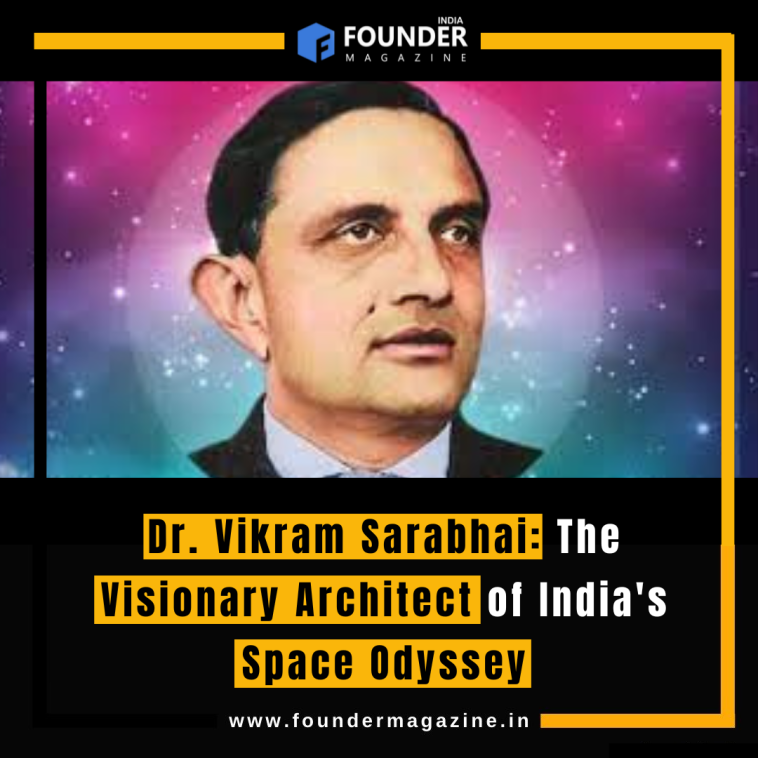In the annals of Indian history, few figures command as much reverence and admiration as Dr. Vikram Sarabhai, the visionary architect behind India’s space odyssey. Often hailed as the “Father of the Indian space program,” Dr. Sarabhai’s pioneering contributions to science, technology, and nation-building have left an indelible mark on the fabric of modern India. From laying the groundwork for the establishment of the Indian Space Research Organisation (ISRO) to spearheading advancements in nuclear power and education, his legacy continues to inspire generations of Indians.
Dr. Vikram Sarabhai’s journey towards shaping India’s space ambitions began with a profound vision and unwavering determination. Born on August 12, 1919, in Ahmedabad, Gujarat, Sarabhai displayed an early aptitude for science and innovation. After completing his education abroad, he returned to India with a fervent desire to contribute to the nation’s progress and development.
One of Dr. Sarabhai’s most significant achievements was his instrumental role in convincing the Indian government of the importance of a space program for the country’s socio-economic growth. Recognizing the potential of space technology to address pressing national challenges, including communication, weather forecasting, and resource management, Sarabhai tirelessly advocated for the establishment of ISRO.
In 1962, Dr. Sarabhai laid the foundation for ISRO, India’s premier space agency, with the vision of harnessing space technology for the benefit of society. Under his leadership, ISRO embarked on a journey of innovation and exploration, culminating in historic milestones such as the launch of Aryabhata, India’s first satellite, in 1975.
Beyond his contributions to space research, Dr. Sarabhai played a pivotal role in advancing nuclear power and education in India. As the Chairman of the Atomic Energy Commission, he championed the development of nuclear energy as a vital component of India’s energy strategy. Additionally, he established the Indian Institute of Management (IIM) Ahmedabad, a premier institution that has since become a beacon of excellence in management education.
Dr. Vikram Sarabhai’s visionary leadership extended far beyond the realms of science and technology. He believed fervently in the power of education and innovation to drive social progress and economic development. Through his philanthropic endeavors and establishment of various educational and research institutions, including the Physical Research Laboratory and the Community Science Center, Sarabhai sought to democratize access to knowledge and empower future generations of Indians.
Dr. Sarabhai’s enduring legacy continues to inspire and guide India’s pursuit of excellence in space exploration and scientific research. The naming of Chandrayaan-3’s lander module Vikram in his honor serves as a poignant reminder of his invaluable contributions to India’s space program. As India celebrates its achievements in space and beyond, the indomitable spirit of Dr. Vikram Sarabhai remains a guiding light, illuminating the path towards a brighter and more prosperous future for the nation.
In conclusion, Dr. Vikram Sarabhai’s remarkable journey from a visionary scientist to the “Father of the Indian space program” stands as a testament to the transformative power of determination, innovation, and unwavering commitment to a noble cause. His legacy serves as an enduring inspiration for future generations, reminding us of the boundless possibilities that lie within the realms of science, technology, and human endeavor.


